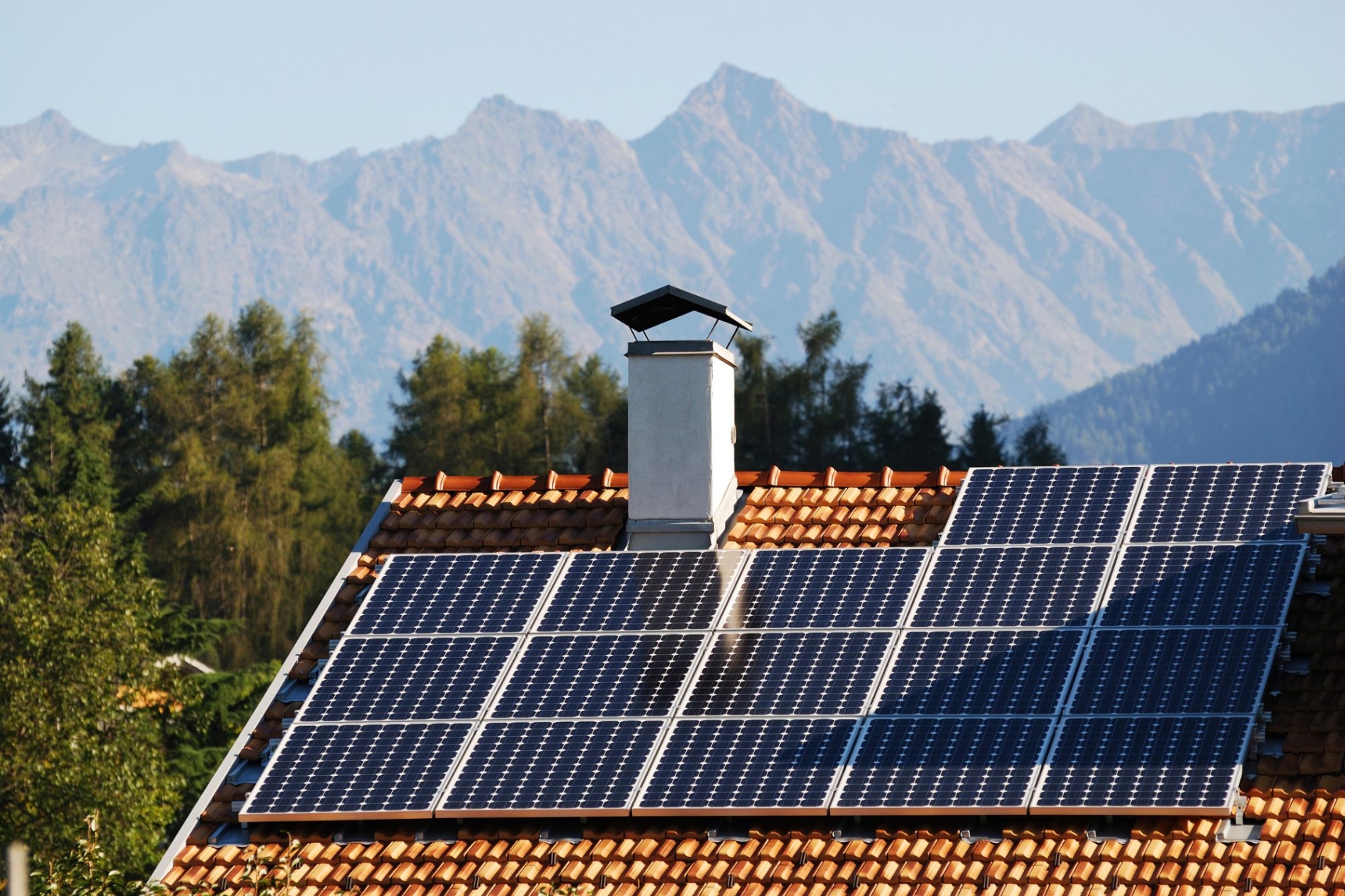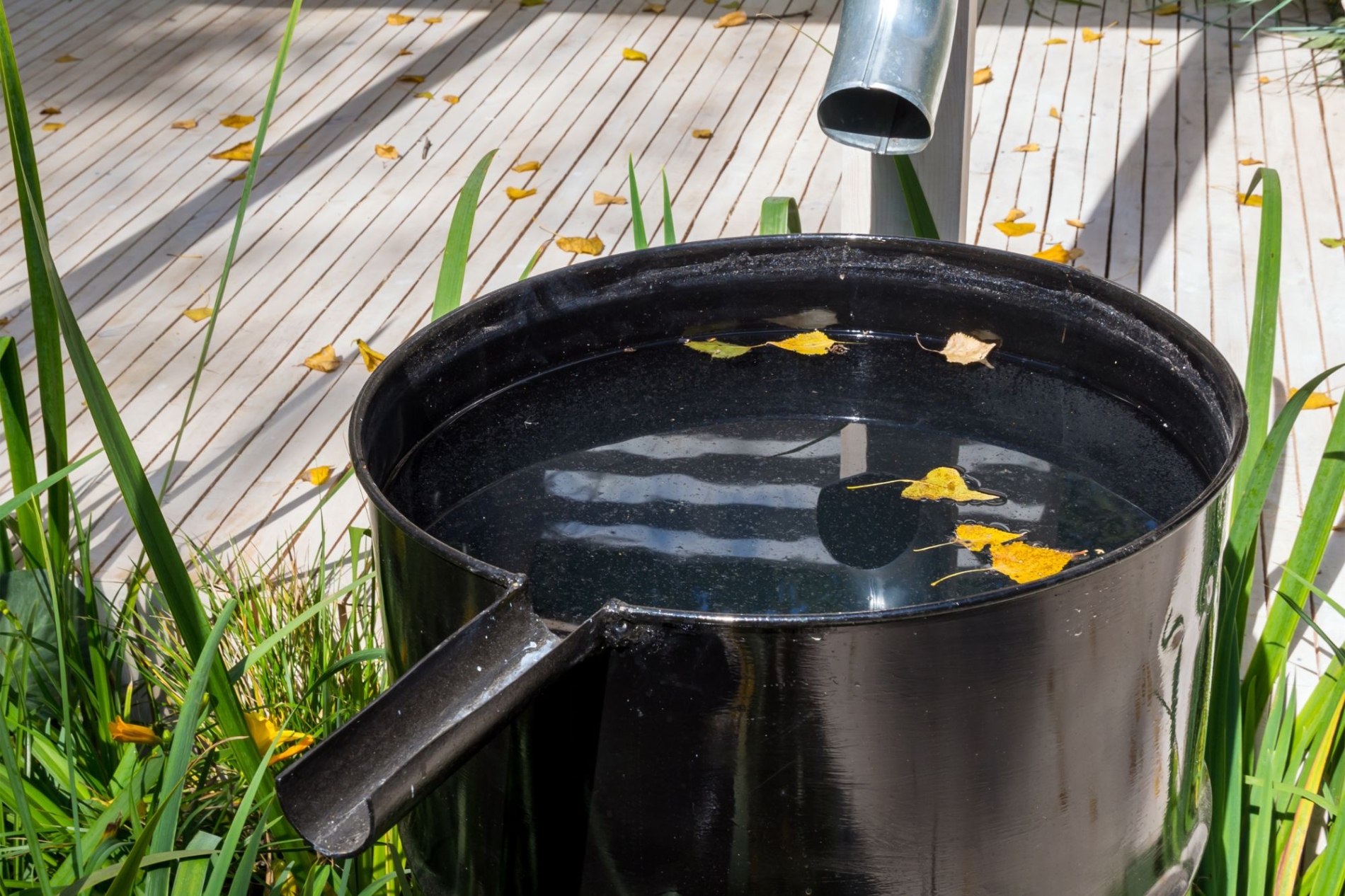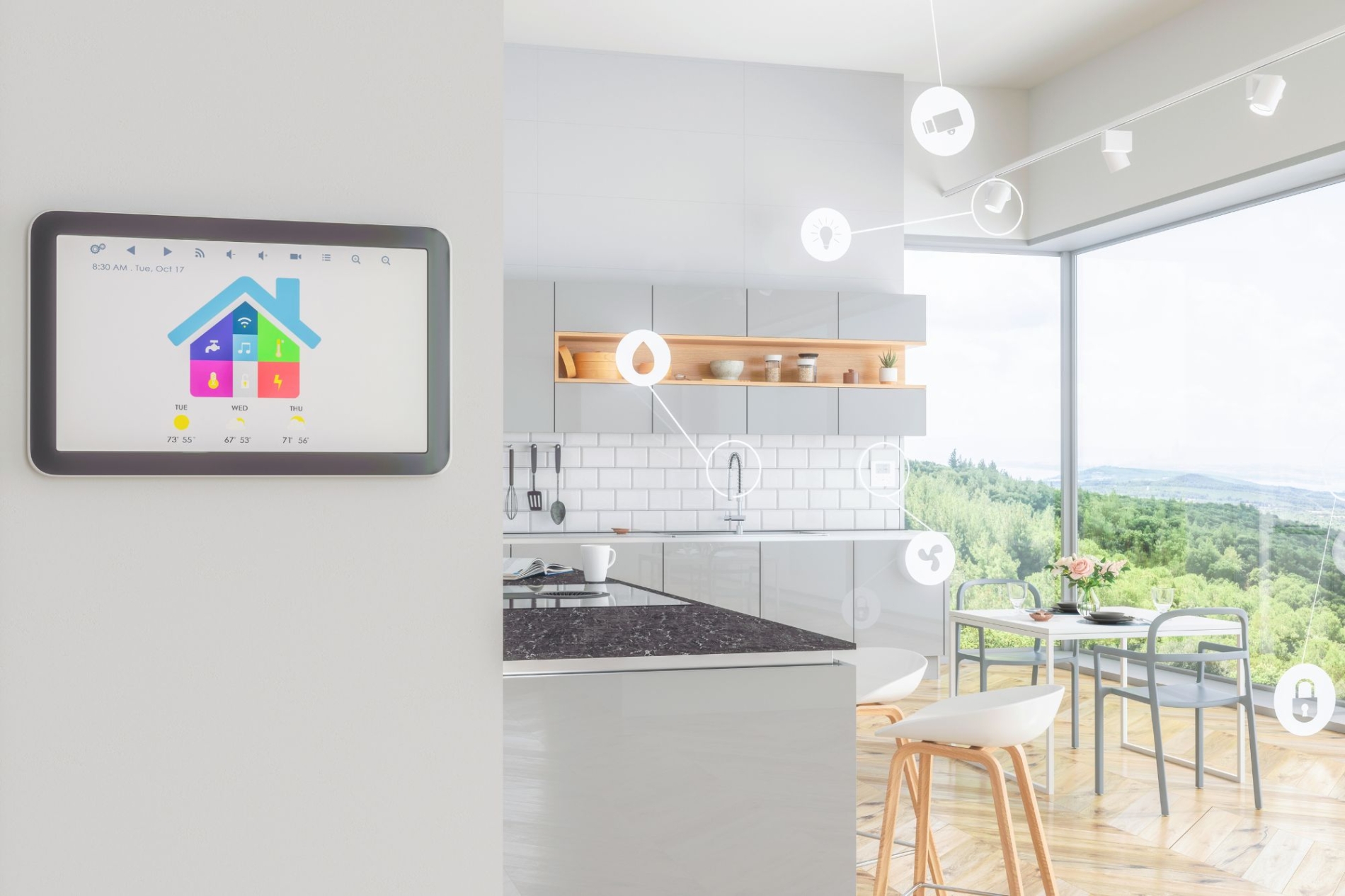INVESTING IN THE FUTURE: HOW TO REDUCE THE ENVIRONMENTAL IMPACT OF HOMES
19/11/2024

Sustainability has become a non-negotiable priority, and the real estate sector plays a pivotal role in this challenge.
In Switzerland, buildings account for 40% of total energy consumption, with heating alone representing 70%, primarily reliant on fossil fuels. This scenario highlights the urgency of adopting sustainable solutions to reduce the environmental footprint of homes while simultaneously improving comfort and market value.
Reducing energy and water consumption, choosing sustainable materials, and leveraging new technologies are not just environmentally responsible choices but also valuable investments.
Energy-efficient homes offer lower operating costs and increased appeal in the real estate market. In this article, we explore strategies to transform your home into a greener, more valuable space.

Energy Efficiency and Renewable Energy
Improving energy efficiency is the first step in reducing a home’s impact.
A well-insulated house consumes less energy by maintaining ideal temperatures year-round—warm in winter and cool in summer. Insulating walls, roofs, and floors is essential, as is replacing outdated windows with modern models equipped with low-emissivity glass.
Installing solar panels is another strategic intervention. These systems allow homeowners to generate clean energy directly, reducing reliance on fossil fuels and lowering energy bills over time. Despite the initial investment, solar panels pay for themselves through savings and government incentives that make installation more affordable.
Small steps, such as choosing energy-efficient appliances, also contribute significantly. Modern washing machines and dishwashers, for instance, deliver excellent performance while using less energy and water compared to older models.
Reducing Water Consumption
Water is a precious resource, and minimizing waste is essential. Installing low-flow faucets and showers is a simple but effective solution to reduce water use without sacrificing comfort. Rainwater harvesting systems can make a big difference by repurposing collected water for gardening or non-potable purposes, easing the demand on treated water supplies.
Adopting water-efficient appliances is another consideration. Modern washing machines and dishwashers not only use less energy but also optimize water consumption, providing dual benefits for the environment and your household budget.

Sustainable, Low-Impact Materials
When renovating or building, material choices significantly impact sustainability. Opting for recycled or certified materials reduces the environmental burden associated with production and transportation. Using wood sourced from responsibly managed forests, for instance, is a sustainable and aesthetically pleasing choice.
Low-emission paints and finishes improve indoor air quality, creating healthier living environments. Choosing high-quality materials also ensures greater durability, reducing the need for frequent maintenance and replacements.
Smart Technology for a Greener Home
Technology plays a fundamental role in managing sustainable homes. Smart thermostats, for example, automatically adjust indoor temperatures based on real-time needs, eliminating waste. Smart home systems enable remote control of heating, lighting, and appliances, optimizing energy use and enhancing comfort.
LED lighting, widely adopted today, drastically reduces energy consumption while offering a longer lifespan than traditional bulbs. Motion sensors for lights ensure that common areas or hallways are illuminated only when necessary, further minimizing waste.

Incentives and Tax Benefits
In Ticino and across Switzerland, numerous incentives are available for those investing in sustainable housing. Financial contributions support improvements such as thermal insulation, solar installations, and adopting energy-efficient technologies. These programs, funded at both cantonal and federal levels, cover part of the initial costs, making even complex upgrades more accessible.
Additionally, many expenses related to energy-efficient renovations can be deducted from taxes, providing further economic benefits for property owners. To identify the best solutions and maximize fiscal advantages, consulting with qualified energy advisors—often available free of charge through public entities—is highly recommended.
Conclusion
Investing in the sustainability of homes is not only a responsible environmental choice but also one that delivers tangible benefits. Interventions such as enhancing energy efficiency, adopting advanced technologies, or selecting eco-friendly materials increase property value, lower operating costs, and improve quality of life.
Even the smallest changes can contribute to a greener future, laying the foundation for the well-being of current and future generations. Embracing sustainability today means investing in a better tomorrow.
Are you thinking of selling today but curious to know how much your house is worth?
Contact us for a free consultation, with a quick valuation in less than 3 minutes, to obtain the real value of your house on the Swiss real estate market.
Read the other news:
- LIVING IN NATURE: CONTEMPORARY APARTMENT FOR SALE IN CAPRIASCA
- LIVING THE COLLINA D’ORO BETWEEN COMFORT, NATURE, AND INTERNATIONAL PRESTIGE
- PENTHOUSE IN BISSONE: A PEACEFUL OASIS OVERLOOKING LAKE LUGANO
- MORTGAGE RATES ARE FALLING: A GREAT OPPORTUNITY TO BUY PROPERTY IN SWITZERLAND
- COMMERCIAL REAL ESTATE IN LUGANO: A STRATEGIC INVESTMENT OPPORTUNITY
- WHY THE REAL ESTATE MARKET IN TICINO REMAINS RESILIENT IN EVERY MARKET CONDITION
- WINDOWS AND ENERGY EFFICIENCY: WHEN IT MAKES SENSE TO REPLACE YOUR FRAMES
- COMMERCIAL RELOCATION: MOVING YOUR BUSINESS TO TICINO, WHY IT MAKES SENSE AND HOW TO DO IT
- REAL ESTATE VALUATION IN TICINO: WHAT DETERMINES PROPERTY PRICES?
- YOUR HOME IN TICINO: A GATEWAY TO ITALY AND EUROPE
- IDEAS FOR TRANSFORMING YOUR INTERIOR: DESIGN TIPS TO ENHANCE YOUR HOME
- RESIDENTIAL RELOCATION: LIVING AND WORKING IN LUGANO, THE PERFECT CHOICE FOR A FRESH START



